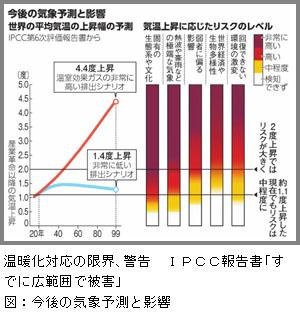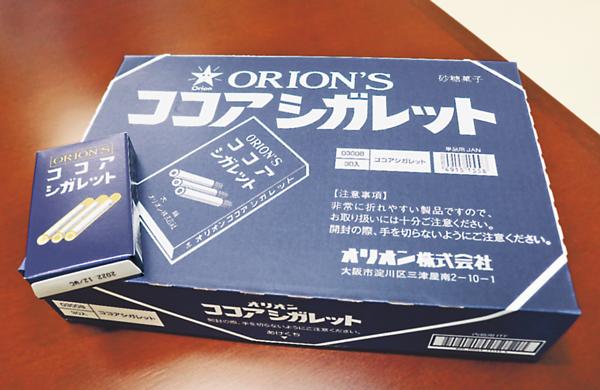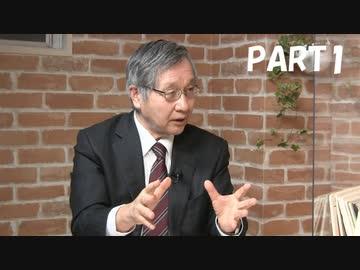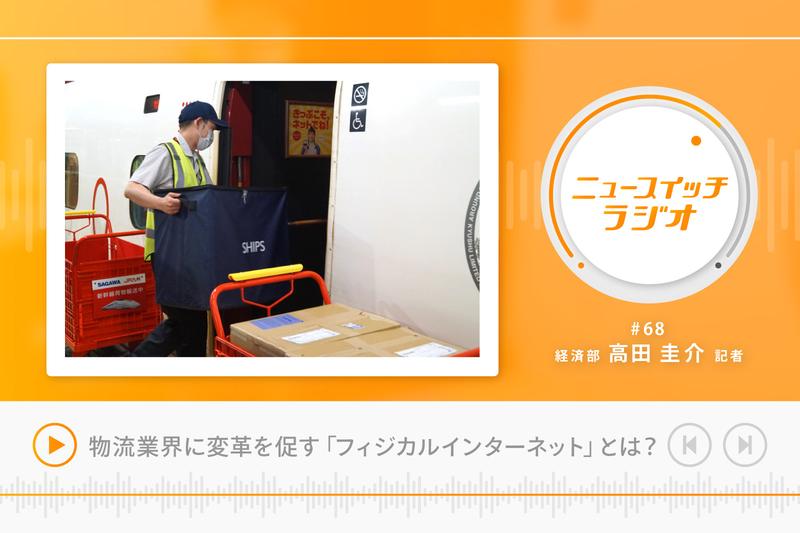Joraku members aiming to spread CRM skills to firefighters and realize an accident-free workplace

In order to reduce accidents during firefighting activities, a 33-year-old member of the Eastern Fire Department Fire Department held an online study session, with over 1,000 participants in one year. He stressed the need to lower the barriers to communication between corps personnel who have hierarchical relationships, saying, "I want to create an environment in which corps personnel, whose lives are entrusted to us, can share an awareness of crisis management." The Joraku members aim to popularize the safety management skill "CRM (crew resource management)" that is pervasive in the aviation industry. The concept of ``effectively utilizing all resources, including personnel, materials and equipment, and information in terms of safety management,'' is currently being introduced into team medical care. From 2017, he was dispatched from the Uozu Fire Station to the Prefectural Fire and Disaster Prevention Air Corps for three years. Since 2009, there have been four disaster prevention helicopter crashes across Japan. Since CRM will be introduced to firefighting and disaster prevention air corps nationwide from next fiscal year, an online study session was planned in December last year, saying that "the ground forces should also incorporate it." About 50 firefighters from all over the country participated. A circle of sympathy spread on the members-only exchange site (SNS), and in one year, it was held more than 50 times with firefighting officials nationwide from Hokkaido to Okinawa.
At study sessions, members of the Jouraku team always ask, "Can you point out your boss's misunderstandings? Will your subordinates point out their mistakes?" Since 80% of firefighting accidents are caused by human factors, he emphasizes the need to create teams that can identify risk factors regardless of position. He cites concepts such as situational awareness, decision-making, and workload management, calling for good interpersonal relationships to be fostered in order for personnel to demonstrate their knowledge, skills, and equipment capabilities. Recently, there has been an increase in the number of study sessions in which both members and managers participate together. Joraku plans to continue his activities, saying, "I hope that CRM will become commonplace in the firefighting industry and that there will be no more accidents."
Last update: Kitanippon Shimbun





![[New Toyota Voxy (90 series)] Amplifies the characteristics of the aero body! A design that further enhances the power of the front mask! #Works direct custom deep layer 001](https://website-google-hk.oss-cn-hongkong.aliyuncs.com/drawing/article_results_9/2022/3/25/01568e2fbf021c0eaf7d013507c850a4_0.jpeg)

![[Toyota Noah / Voxy new model] Modellista releases various customized parts ... Actual vehicle exhibited at Tokyo Auto Salon](https://website-google-hk.oss-cn-hongkong.aliyuncs.com/drawing/article_results_9/2022/3/25/8268612c1e5941e62d3dfd07f8991b2f_0.jpeg)
